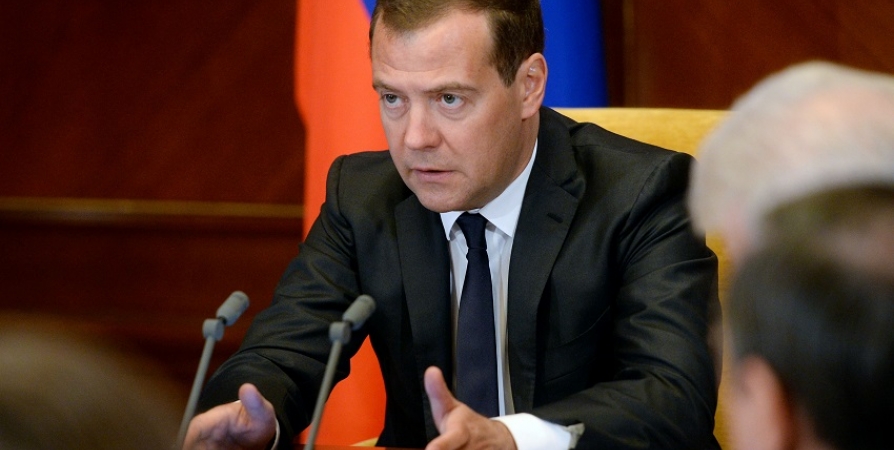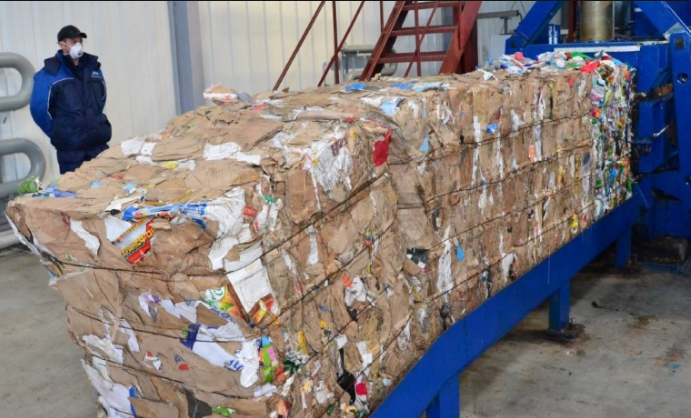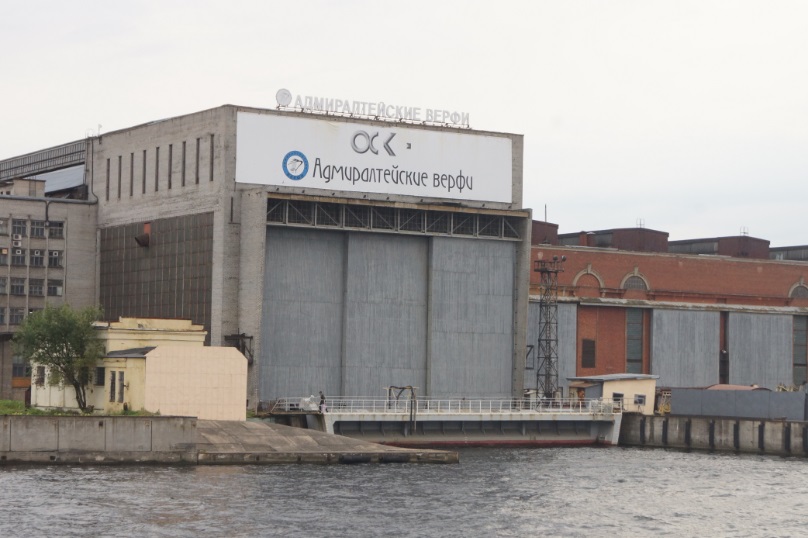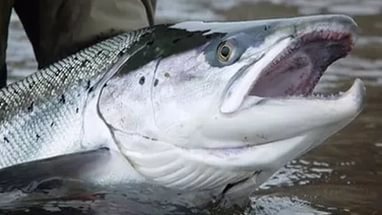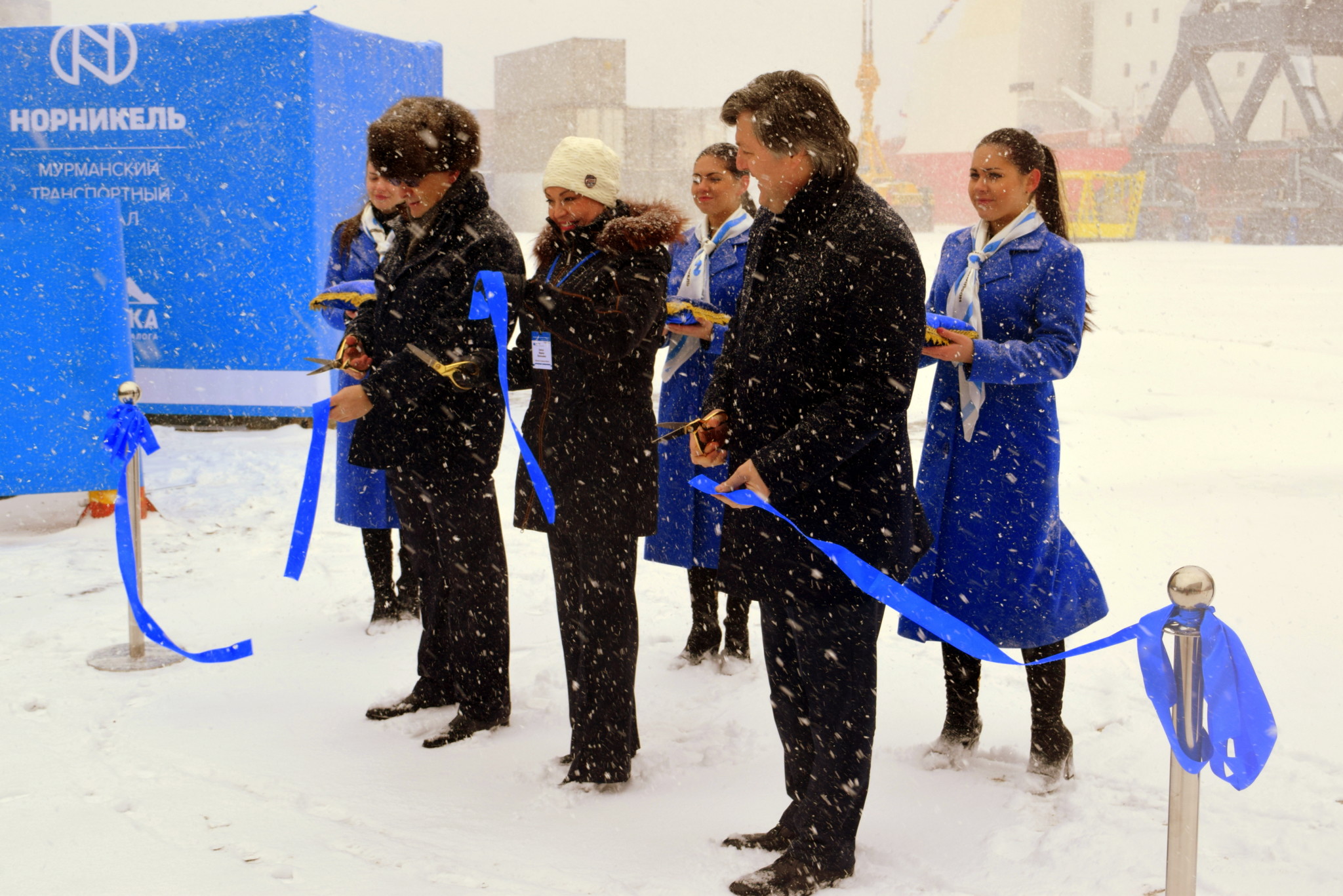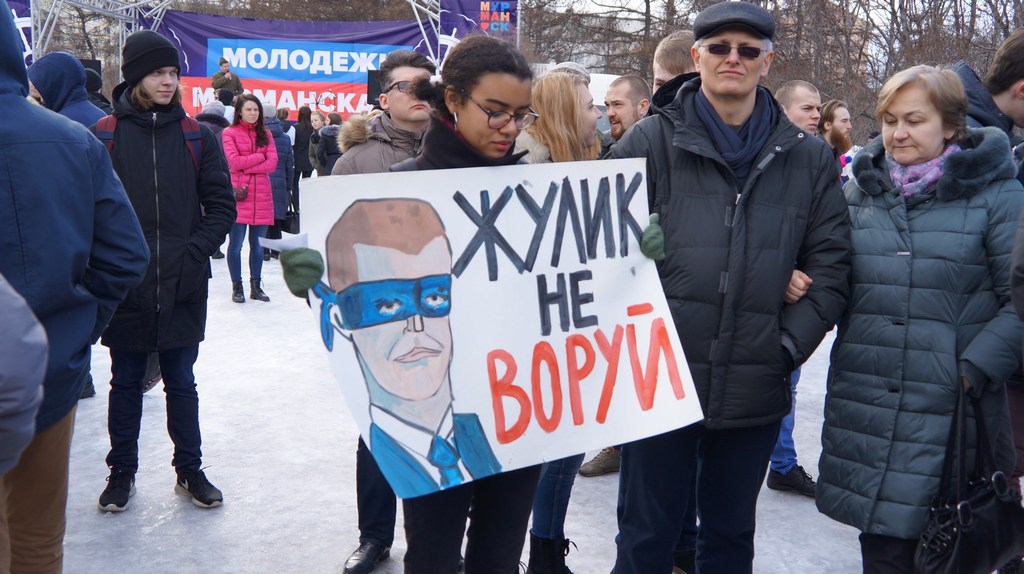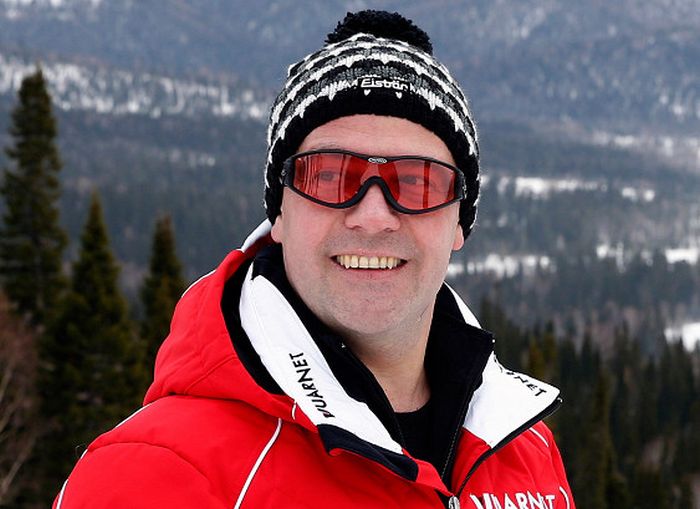About friendship and sanctions
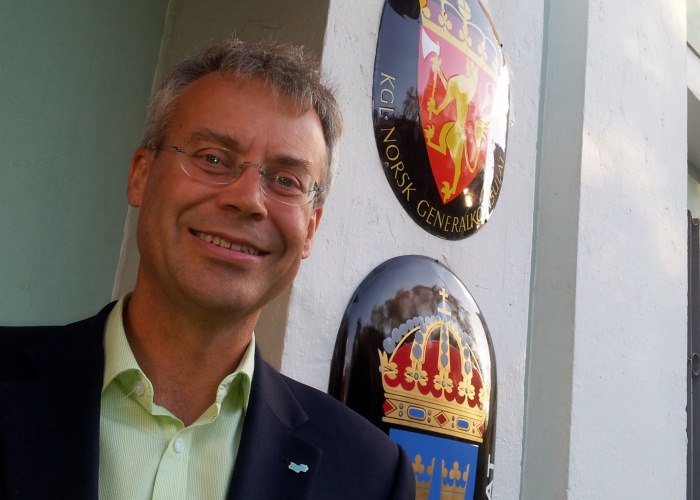
Despite economic sanctions and cooling relations between the two states on a nationwide scale, for the northern regions of Norway and Russia strengthening of bilateral cooperation is still a goal of a high priority. The Consul General of Norway in Murmansk Ole Andreas Lindeman told SeverPost in an interview about sanctions, current issues in the Norwegian-Russian cooperation and major tasks for the nearest future.
- This year the Murmansk region has hosted already the IV Days of Russian-Norwegian cross-border cooperation. How can you summarize the results of joint work of the two countries for the last 6 years?
The range of our cooperation changes and expands each year. Today we’re focused on the sustainable development of the Arctic, tourism, projects in the field of culture, environment and education.
According to the Norwegian research, the total turnover of Sør Varanger companies whose business is connected with Russia amounted to 1.8 bln NOK in 2014 with 630 jobs created. The results of such research may help determine the direction of our further cooperation.
Particularly worth mentioning is the introduction of visa-free regime in 2012 that made border crossing easier for the Norwegian and Russian citizens living within border areas. These measures obviously had a positive impact on strengthening of contacts between people of both countries. In this connection I should mention that on Saturday, 10th of November our visa department will be specially opened for applications for border permits. You can read more about it at our webpage.
- Obviously the Russian-Norwegian relations continue cooling down due to "external factors". Has the job of the Consul General changed in view of the current political situation? Was there any additional guidance from the Norwegian МFA given?
We still prioritize our national interests including the maintenance of well-defined and positive relations with Russia, especially here in the North. We are neighbours and for our part we're prone to promote cooperation and public diplomacy in all the fields: fishery, economy, culture, natural environment protection, nuclear safety, emergency response at sea, etc.
- Has the political situation affected funding of joint Russian-Norwegian projects?
According to the Norwegian Ministry of Culture, within the forthcoming three years it is planned to allocate 9 mln NOK to support joint Russian-Norwegian cultural projects.
We know lots of examples of such cooperation between the northern Norway and northwest Russia that are appreciated by the people of our countries. These are the international cultural festival "Barents Bird", the Norwegian Film Festival, joint museum projects and the traditional christmas concerts held in Murmansk. Particularly worth mentioning are the two events we facilitated as a gift to the Murmansk 100-years anniversary: translation into Norwegian and printing of "The War Diary" by M.I.Starostin, as well as the unique Norwegian-Russian staging of "The Kiberg Odyssey" opera.
Another example is that in February 2015 the Norwegian MFA allocated 140 mln NOK to the Norwegian Barents Secretariat for funding of joint projects in the fields of educaton, business, culture, indigenous groups and environment.
- What are the main spheres Norway and the Murmansk region continue cooperating in? How would you estimate the current cooperation between the two countries?
We continue cooperating at all levels. Though the scientific research in the Arctic and the policy of sustainable development in the northern regions are prioritized. Environmental protection is implemented in the frames of multiple bilateral environmental projects. I highly appreciate all the efforts made for strengthening of good-neighbourly relations between our countries whether these are governmental initiatives or particular projects implemented by the locals in the border areas.
- What impact have sanctions had on the economy of northern regions of Norway?
Economic decline and oil and gas prices drop has had certain impact. People of both countries can feel this. As a result of the Russian response sanctions, the Norwegian fishery sector particularly suffered when there was an urgent need to search for the new fish market channels. Though the sanctions and restrictions only to a little extend affect our economic cooperation and potential.
- How would you comment upon the ban to travel into Russia for the director of "Ølen Betong" Atle Berge? Personally he assumes that this might be an attempt to deprive him of his business in Russia. Do you support such point of view?
We are yet unclear about the reasons why the Russian authorities rejected Atle Berge entry into Russia. Certainly, this situation may have a negative impact on business cooperation and the investment attractiveness of the region.
- After we imposed mutual sanctions, there were several strong statements made by both countries. Have you noted the attitude to you as a Norwegian and to your colleagues in the Murmansk region change? Have you encountered any unfriendliness from the local people?
I came to Murmansk in 2013 and your city has been friendly to me ever since. Our cooperation and good relations build upon personal contacts between us who live in the North and are highly concerned about the maintenance of friendship that has been developing through the long time of cooperation.
Neither me, nor other diplomates have ever encountered negative attitude from the local people. On the contrary, openness to cooperation and helpfulness have always been your hallmark which we highly appreciate.
- How do you feel about the construction of the wall on the border between Norway and the Murmansk region? Why might such decision be taken after the migration crisis had already passed?
Norway has commitments on strengthening of the Schwengen zone borders. However the procedure of border crossing for the Russians travelling to Norway with a Schengen visa or a border permit will remain unchanged.
- Are there plans to include new municipalities into the Russian-Norwegian border zone?
Just recently the entire territory of the village of Neiden was included into the border area. Though there are no concrete plans for further expansion of the border area so far.
- What is the current situation with visa demand and crossing of the Russian-Norwegian border?
According to out visa department, since the beginning of 2016 there has been a decrease in the number of visa applications at 4% as opposed to the same period in 2015. This can be also explained by the fact that many residents of the Murmansk regions hold visas valid for 3 or 5 years. As for border permits, the amount of applications increased at 27%. Border crossings decreased at 6%.
- How many Murmansk residents have recently moved to Norway?
They are relatively few. Most of the trips are 1-day long or longer - to visit friends or relatives.
- Which places in Norway are most popular among travellers from the Murmansk region? What is the most common purpose of visits to Norway? (tourism, shopping, job, education)
With regard to the popular 1-day trips, the most popular destination is Kirkenes. Though I should say that our applicants actively travel all along Norway. In the applications they indicate various purposes of travel including visits to relatives and friends in Norway, shopping, participation in scientific, cultural and sports activities.
- How would you estimate the perspectives of the Russian-Norwegian cross-border cooperation?
We set a high value on the warm and friendly relations between our countries. And that is what we focus upon here in the North - efforts to preserve our common home for the future generations. The common maritime borders allow for cooperation in the field of management of shelf- and sea resources. Our countries have the common Arctic goal towards sustainable development and resource management for the social and economic prosperity of both nations in the Northern areas. Due to our mutual focus on cooperation, today we can efficiently interact in all the fields of our life with due regard to the latest challenges, and I hope such cooperation will continue in the future.
First shipment of spent nuclear fuel to be moved out from the Andreev Bay in June
June 27 is the date of the official ceremony that will mark the start of removing SNF for further processing from the Andreev Bay. The ceremony will be joined by officials from Rosatom State Corporation, Norwegian MFA and the European Bank of Reconstruction and Development. The SNF management facilities and engineering systems were created in the Andreev Bay by
Salmon fishing season postponed on the Kola Peninsula
The salmon fishing season has been postponed in the Murmansk region. Due to prolonged winter the salmon fishing season opening day has been shifted off for two weeks, informed the Murmansk Fishing Regulatory Agency. “In view of unfavorable weather conditions, opening of the fishing season on the Kola river and installation of a 24-hour license point in the Molochniy
FSB special operation in the Murmansk region: arms dealers detained
Two men selling ammunition to firearms have been detained, informs the press-service of the Murmansk regional FSB. According to FSB, a criminal case has been filed under Article 30, part 3 of the RF Criminal Code (attempted crime) and Article 222, part 2 (illegal purchase, transfer, trade, storage, transportation, carrying of weapons, its parts and
Caution! The center of Murmansk crumbling!
The Stalin-era buildings in the center of Murmansk that haven’t been refurbished for several years are becoming potentially unsafe. The walls are crumbling, pieces of bricks are falling out. A car parked by Lenina 77 has been damaged –only one so far. The Sofii Perovskoy 10 is marked with warning signs due to pieces of facing falling down. That is
Forest preserve with 350-years old pines to be created on the Russian-Norwegian border
The project of Korablekk Forest preserve to be established in the Pechenga district of the Murmansk region will be considered in the Regional Government on Friday, informed the Government’ spress-service. The park is to be created next to the specially protected nature area Pasvik at the Russian-Norwegian border. It’s peculiarity will bethe
Government lacks 48 bln rubles for the Murmansk Transport Hub completion
The State intends to complete the construction of the Murmansk Transport Hub according to private-public partnership that implies enticement of investors, reported the Minister of Transport Maxim Sokolov at the meeting in Murmansk. “Theonlyopportunityforustokeeptheprojectsalive (…) isprivate-publicpartnership. I’m also convinced that we should use this
A 1.5 bln waste treatment plant to be built in the region by the end of 2017
Waste reloading stations in Severomorsk, Aleksandrovsk, Zaozersk and Ura-Bay, a disposal site and a waste treatment plant in Murmansk will be commissioned by the end of this year, told SeverPost Deputy Director of “Waste Treatment” Murmansk subsidiary Vitaliy Izmailov. “Each year the disposal site will receive 250 tons of waste of 4 and 5 hazard
The first patrol ice-breaker laid down in Saint-Petersburg
The first patrol ice-breaker “Ivan Papanin” (project 23550) built under the order of the RF Navy was laid down on April, 19 at the Admiralty Shipyards, informed the press-service of the enterprise. In 2016 the RF Ministry of Defense ordered the Admiralty Shipyards to build two ice-class patrol ice-breakers (project 23550) that should be handed over to the
Zello users from Murmansk appeal to Roskomnadzor
Users of Zello application (channel “Murmansk-51”) appeal to the Head of the Federal Supervision Agency for Information Technologies and Communications (Roskomnadzor) requesting not to close the application. We, the users of Zello channel “Murmansk-51” and residents of different cities, ask you not to close the ZELLO application on the territory of
New quotas and terms of salmon fishing announced in the Murmansk region
In 2017 Murmansk region may catch 95 tons of Atlantic salmon and 330 tons of pink salmon, reports the press-service of the Murmansk Regional Government referring to the Polar Research Institute of Marine Fishery and Oceanography. “Out of these volumes 1.88 tons are earmarked for scientific-research purposes, 2.515 ton for breeding and 1 ton for traditional activities of
Nornickel opens upgraded Murmansk Transshipment terminal
Nornickel finished the upgrading of the second berth of its Murmansk Transport Division Today. The second project phase will enable the terminal to work at full capacity and almost double its cargo traffic, from 780,000 tonnes to 1.5 million tonnes per year. Storage capacity is 100,000 square meters. The berths are equipped with gantry cranes with a lifting capacity of
Anti-corruption picket joined by 110 participants
According to the official data of the Murmansk regional Police, the anti-corruption public campaign was joined by 110 participants. The picket to support the investigation of Aleksey Navalny’s was held peacefully unlike other Russian cities. “There were 110 picketers. The pictures show more people due to another public cultural activity also held
Dmitry Medvedev to depart for the Arctic from Murmansk
Instead of the RF President Vladimir Putin who should have arrived to Murmansk on the 20th of March, the Murmansk airport expects now Dmitry Medvedev. “It is expected that on the 29th of March the Head of the Government will leave for the Arctic to inspect military facilities on the Franz Josef Land. Visit to Barneo drifting station is not in the schedule,” source

